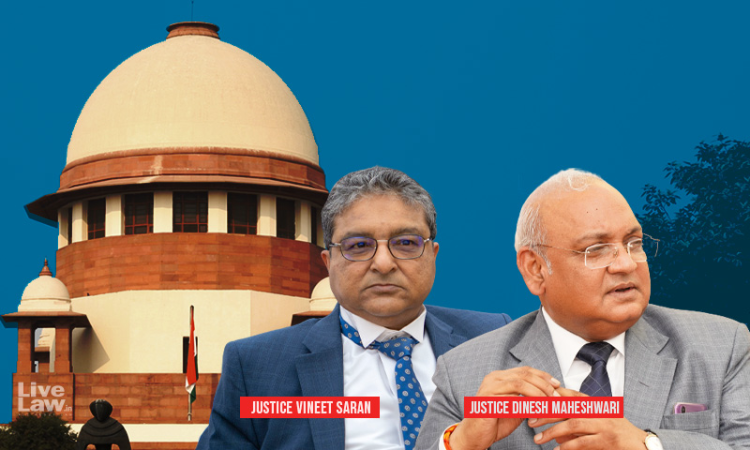Secured Creditor Can't Challenge Resolution Plan Insisting That Higher Amount Should Be Paid Based On Security Interest : Supreme Court
LIVELAW NEWS NETWORK
14 Jun 2021 11:18 AM IST

It is not the intent of IBC that a security interest available to a dissenting financial creditor over the assets of the corporate debtor gives him some right over and above other financial creditors so as to enforce the entire of the security interest.
Next Story


